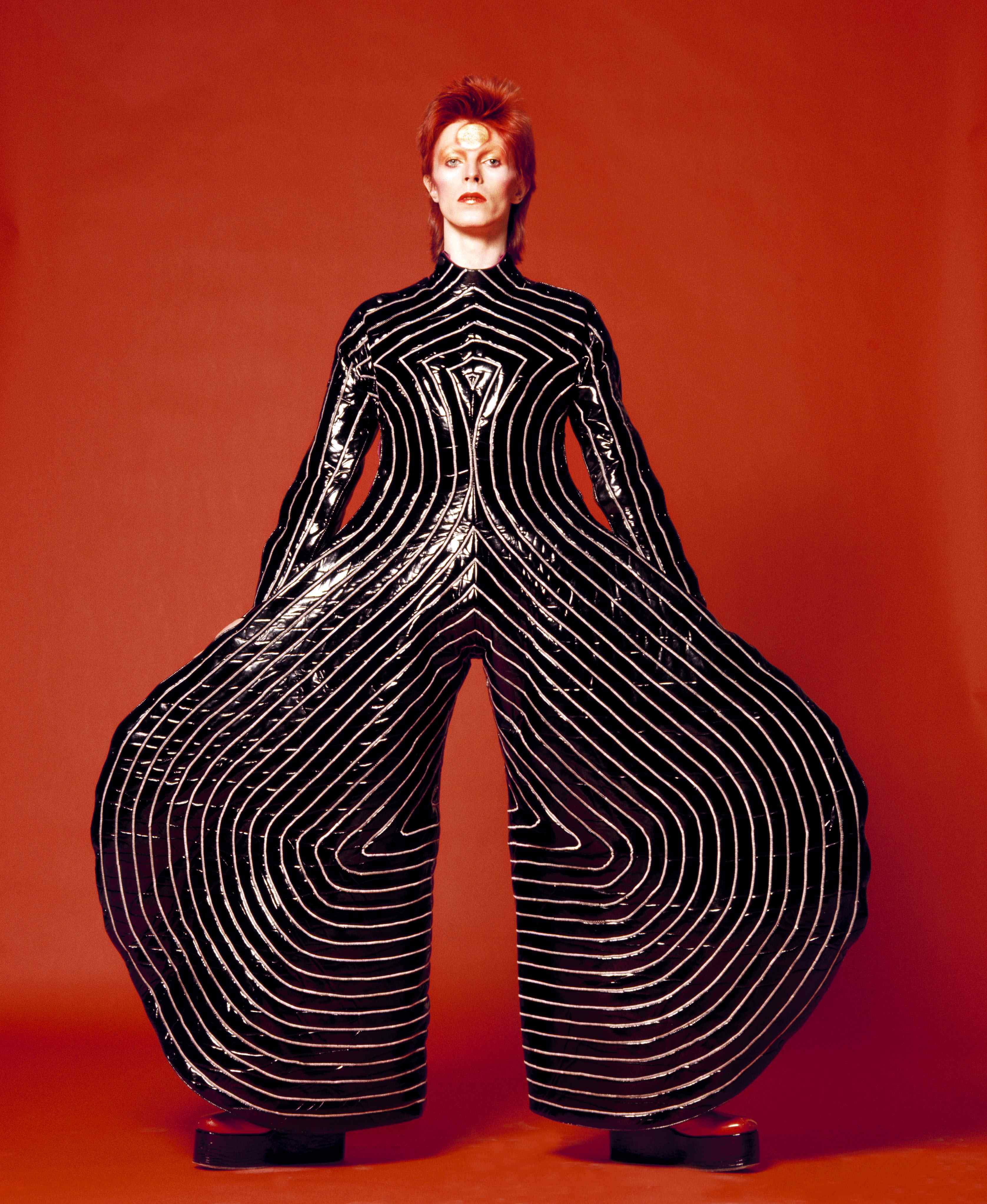You had to have had a particularly fetid heart if you were a young adult in 1973 and despised David Bowie, but New Statesman found such a grinch in Martin Amis, who dragged his rotting teeth to what would be the penultimate Ziggy Stardust performance and had a miserable time. Amis has since written some excellent novels, but I want to say this to his 23-year-old self: Fuck you, you privileged snot.
An excerpt:
For all his preening and swanking Bowie often seemed a frail, almost waiflike figure, curiously dwarfed by the electric aura of knowing sexiness and modish violence on which his act depends – panicky strobes, dizzying light effects, a Clockwork Orange-theme ritornello, and SS lightning-flashes.
This incongruity may be responsible for Bowie’s appeal and for what (if anything) is sinister about it. Among certain more affluent hippies Bowie is apparently the symbol of a kind of thrilling extremism, a life-style (the word is for once permissible) characterised by sexual omnivorousness, lavish use of stimulants – particularly cocaine, very much an élitist drug, being both expensive and galvanising – self-parodied narcissism, and a glamorously early death. To dignify this unhappy outlook with such a term as “nihilist” would, of course, be absurd; but Bowie does appear to be a new focus for the vague, predatory, escapist reveries of the alienated young. Although Bowie himself is unlikely to last long as a cult, it is hard to believe that the feelings he has aroused or aggravated will vanish along with the fashion built round him.•
Tags: David Bowie, Martin Amis

